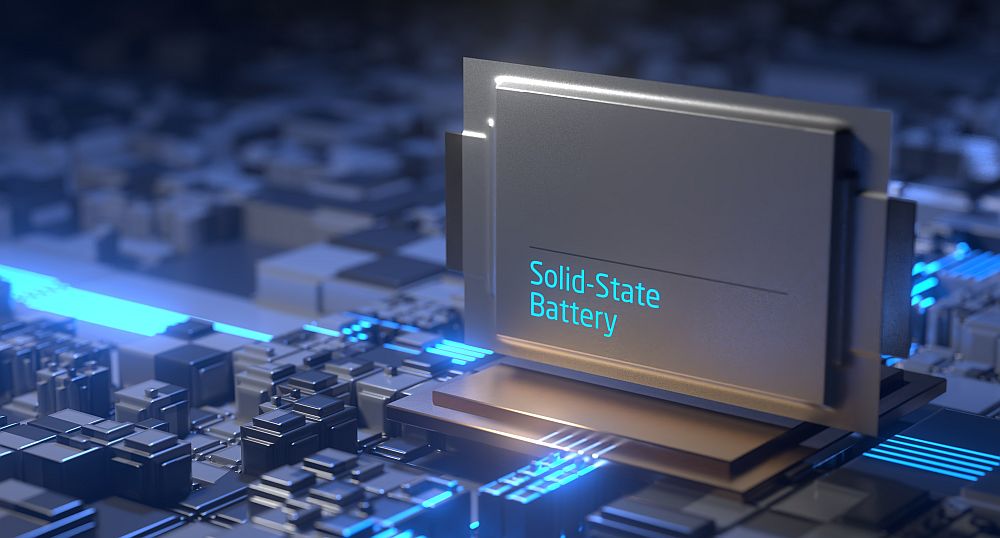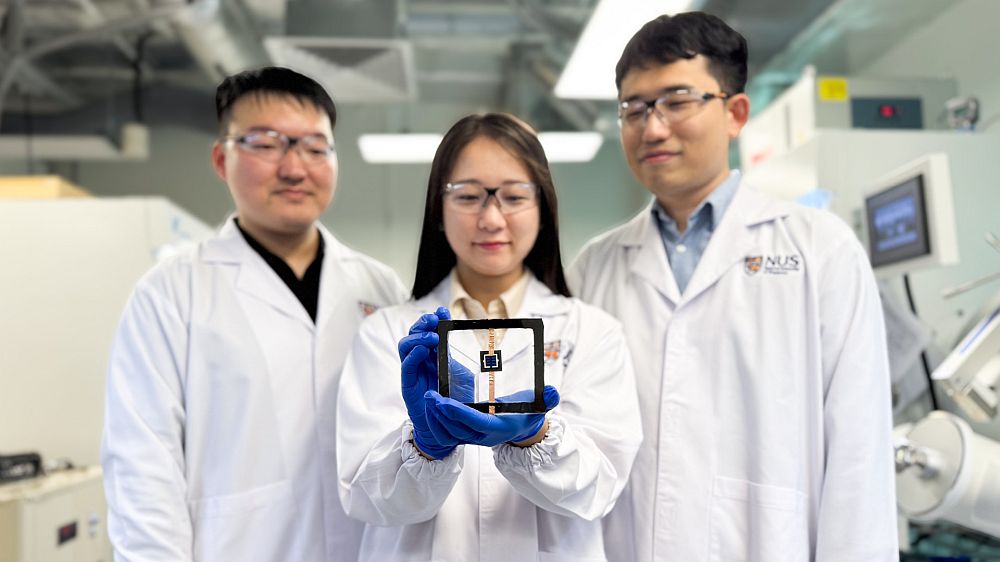The DOE announced that 24 million hours of supercomputing time out of a total of 1.6 billion available at Argonne and Oak Ridge National Labs have been awarded to investigate materials for developing lithium-air batteries that would be capable of powering a car for 500 miles on a single charge.
Through the Innovative and Novel Computational Impact on Theory and Experiment program, a research team including scientists from ANL, ORNL and IBM will use two of the world’s most powerful supercomputers to design new materials required for a lithium–air battery. Lithium-ion batteries, used in today’s emerging plug-in hybrid electric vehicles, currently have a maximum range of 40 to 100 miles before a recharge is necessary.
The calculations will be performed at both labs, which have two of the world’s top-ten fastest computers.
“Computation and supercomputing are critical to solving some of our greatest scientific challenges,” said DOE Secretary Chu. “This year’s INCITE awards reflect the enormous growth in demand for complex modeling and simulation capabilities, which are essential to improving our economic prosperity and global competitiveness.”
The INCITE program provides a collection of unique computational resources that enable scientists and engineers to conduct cutting-edge research in weeks or months rather than the years needed previously. The use of scientific modeling can accelerate scientific breakthroughs in areas such as climate change, alternative energy, life sciences, and materials science.
“Argonne is committed to developing lithium air technologies,” says Eric Isaacs, the lab’s director. “The obstacles to Li-air batteries becoming a viable technology are formidable, but the modeling and simulation capabilities of DOE’s supercomputers will help us accelerate the innovations required in materials science, chemistry and engineering.”
CTT Categories
- Electronics
- Energy
- Material Innovations
Related Posts
Sports-quality ice: From pond side to precision Olympic engineering
February 12, 2026
Solid-state batteries turn heads at CES 2026
January 29, 2026


